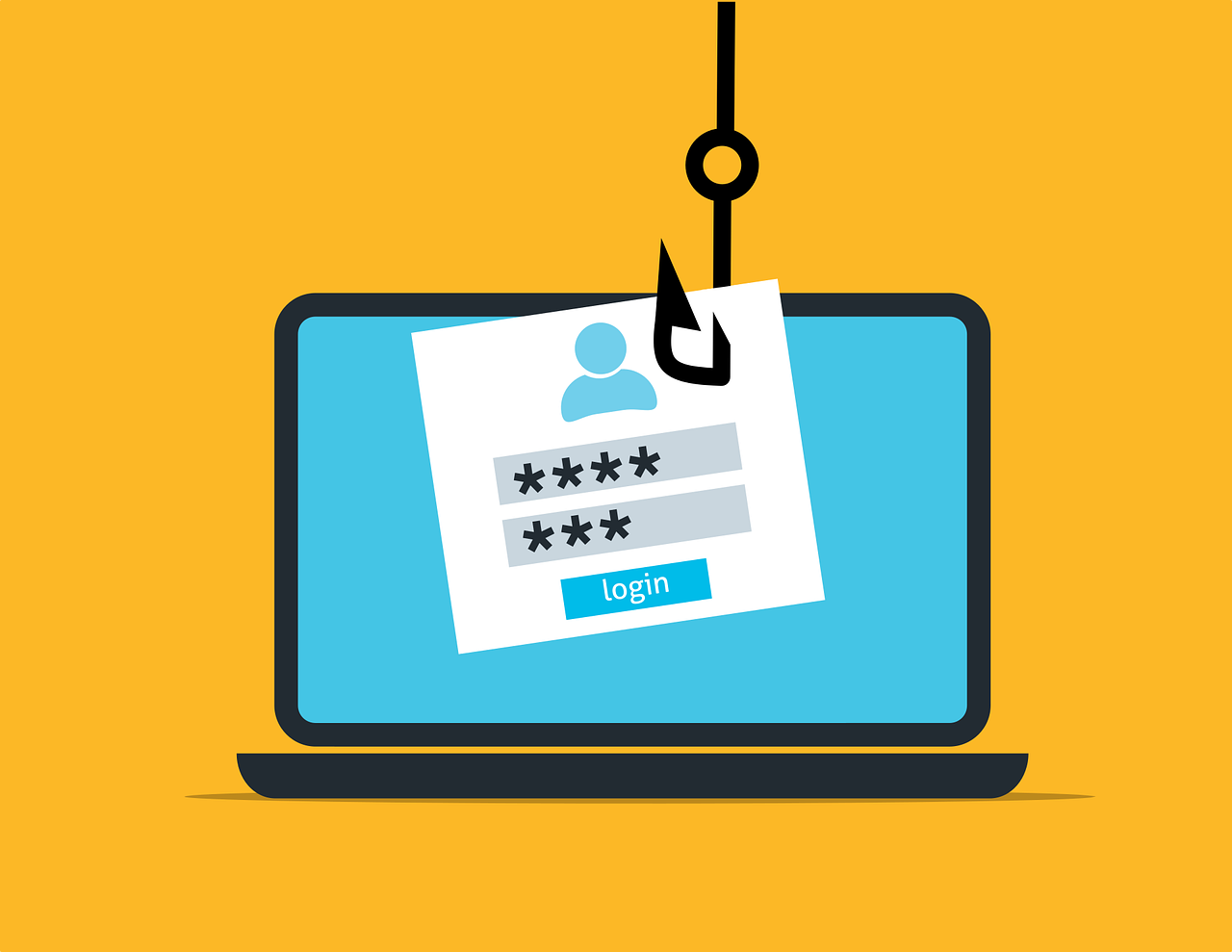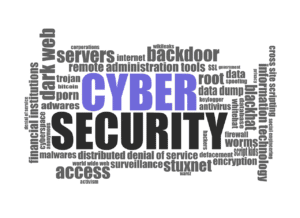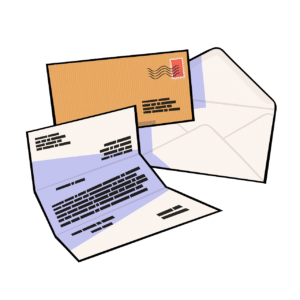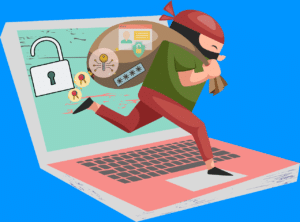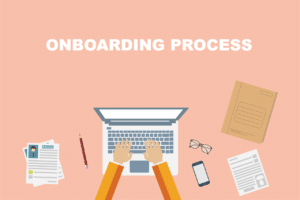A data breach is the unauthorized access of confidential or sensitive data. The term can refer to the theft of data, as well as the accidental release of information. Data breaches can happen to any organization, regardless of size or industry. There are many ways to prevent data breaches, but the most important step is to be aware of the risks and take steps to mitigate them. Here are some tips for preventing data breaches:
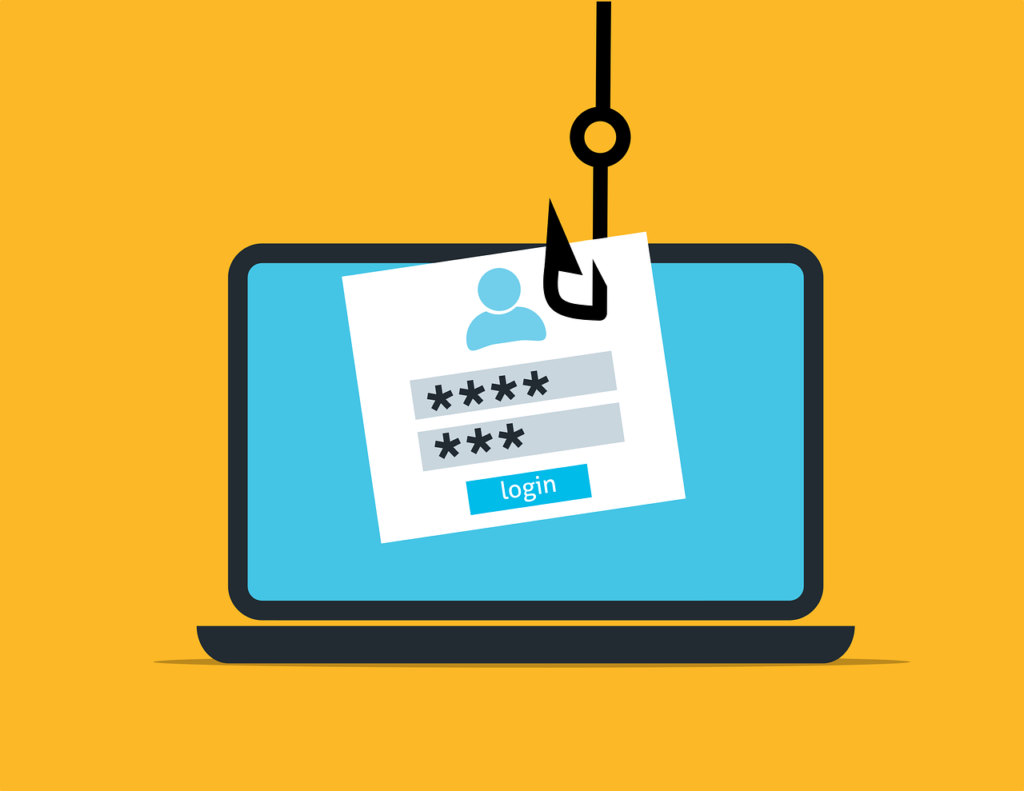
1) Be Compliant With GDPR
The General Data Protection Regulation (GDPR) is a set of rules in the European Union that was put into effect in 2018. It sets limits on how companies handle the data of their customers, which will help to prevent data breaches. For a company to be GDPR-compliant, they must ensure that it is information they need to collect and why. Also, they should only retain this data for as long as necessary and delete it when it isn’t needed anymore. An important feature of the GDPR is the right to be forgotten: if a customer requests that their data be deleted from a company’s database, they must comply. Every company should purchase GDPR compliance software because it can help to ensure that they are meeting all of the requirements. Having this kind of software will help a company limit all the types of data they collect, just in case a breach occurs.
2) Limit Access To Your Most Valuable Data
Limiting access to valuable data is an important step towards preventing a data breach. If any unauthorized users have access to the most sensitive information in your system, they could leak it and cause problems for you and your customers. One way to limit access is to limit the number of people to whom you give administrator access, and who can see sensitive data. You can also use access control lists to limit which users can view certain files. That way, you won’t have to give every person who works at your company access to everything.
3) Update Software Regularly
One of the most common ways that data breaches occur is through outdated software. If you don’t stay up-to-date with the latest updates, your system is more vulnerable to hackers. Hackers are often the first to learn about vulnerabilities in software, and they can exploit them before most people know about them. So companies should incorporate software update practices into their security policies. You should update your software every time a new version is released. Your IT team should know how to check if a new version exists, and they should also know how to update it in a timely manner.
4) Establish A Strong Password Policy
Encouraging your employees to have strong passwords is an easy way to help protect your systems from being breached. Your employees should have long, complex passwords that include letters, numbers, and symbols. It’s also important to require that they use different passwords for different accounts, and they should never share their passwords with anyone else. In addition, employees should change their passwords every 3-6 months. If they allow their password to be guessed several times before locking them out of the system, it could give someone enough time to perform an attack that might let them access other accounts on the network.
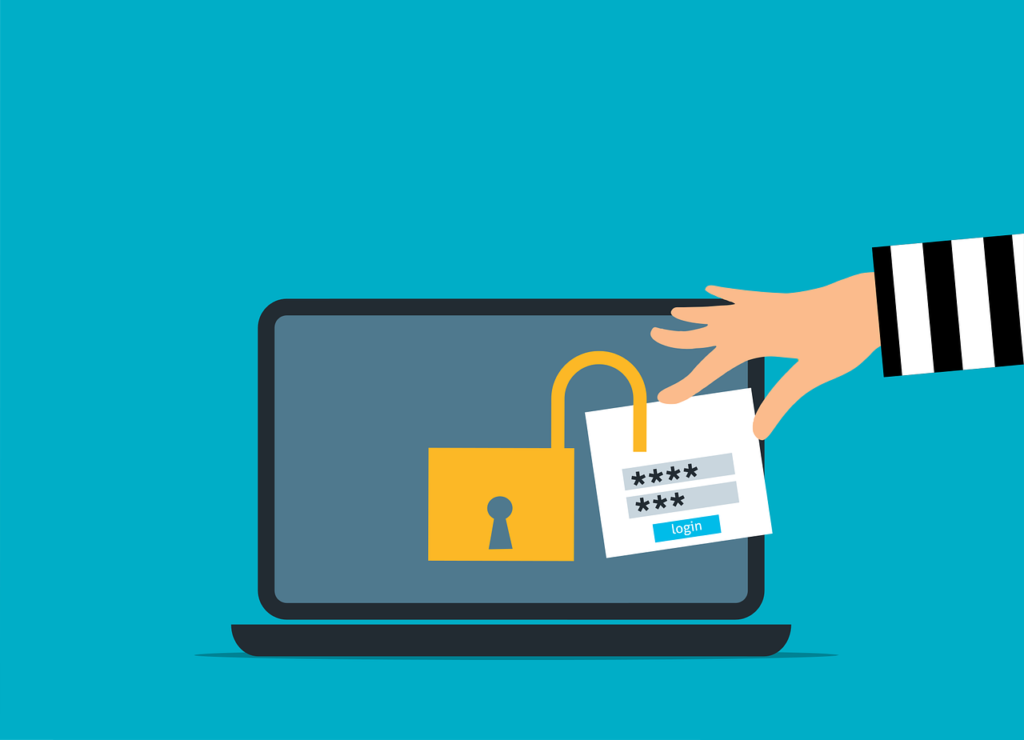
5) Require Multi-Factor Authentication
Multi-factor authentication is another useful security practice that can help prevent a data breach. If your users rely on only one factor to gain access, such as a password, it means that a hacker can easily take their username and password from them if they get their hands on it. However, multi-factor authentication requires at least two kinds of factors: something the user knows, something the user has, and something the user is. This makes it much harder for someone to gain access without having at least two of these factors (e.g., they need your password and your phone).
6) Train Your Employees On Security
It’s important that all employees understand how to protect themselves from cyberattacks. They should know what phishing emails are, and they should never click on any links that seem suspicious or require them to enter personal information. They should avoid opening suspicious attachments, even if they’re sent from someone they know. If an employee tries to download a document but sees a warning message saying the file may be harmful, they shouldn’t open it. This type of training can help prevent a huge number of data breaches that occur as a result of employees’ actions. You can, for example, conduct a seminar on cybersecurity, where you can educate your employees on how to prevent data breaches.
7) Have A Cyber Breach Response Plan
No organization wants to be the victim of a successful cyberattack, but you need to know what your plan is if it does happen. Remember: speed is critical in responding to a data breach. If your network gets breached, and you’re slow to respond, the attackers could get away with a lot of your sensitive information. That’s why it’s important to establish a plan that outlines what actions should be taken in the event of such an incident. For example, your plan should address who to contact first and how you’re going to solve the problem. You should also include a plan that outlines what steps will be taken after the attack, such as a review of your security systems and a reevaluation of those systems from top to bottom.
So what are the best ways to prevent data breaches? Be compliant with GDPR, limit access to your most valuable data, update every software regularly, establish a strong password policy, require multi-factor authentication, and train your employees on security and data breaches. Also, don’t forget to establish a cyber breach response plan. Cybersecurity is not as simple as it may seem; there’s no shortage of potential vulnerabilities in today’s digital world. The key is being proactive about safeguarding any information that you think could be compromised or stolen by hackers. Hopefully, these seven tips will help keep your business safe online.
Ava Gardner: Hey every one, I’m a professional writer on business, finance, analysis, careers, technology etc. My content is well researched, analyzed and copyrighted.

